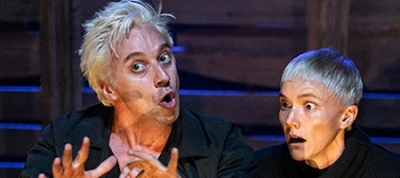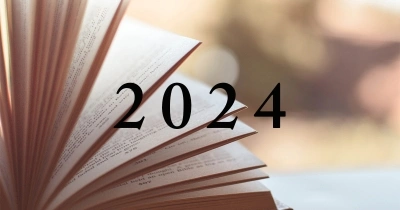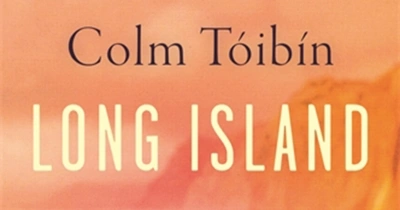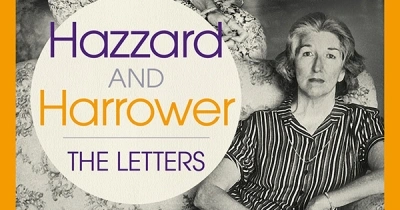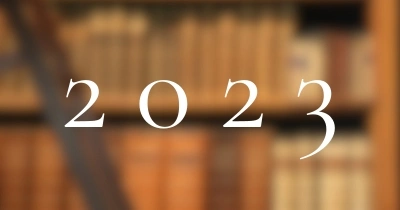Peter Rose
When I think of Peter Rose’s legacy and his immense contributions to Australian letters as Editor of Australian Book Review, there are manifold achievements I might highlight. Peter has wholly transformed the magazine’s ambitions and horizons over his tenure, elevating ABR into an indispensable, world-class publication offering outstanding commentary, criticism, creative work, and coverage of the performing arts. He has shaped the national conversation in infinite ways, offering our best minds scope to debate the pressing issues of our times in complex, nuanced exchanges that are vanishingly rare elsewhere. He has served as a distinguished and tireless public advocate for the value of criticism, the arts, and the humanities, and has done so much to advocate for writers and writing, building prizes, fellowships, and other initiatives that continue to create vital opportunities and recognition for writers today. More quietly but no less diligently, he has also worked tirelessly to protect and preserve ABR as a jewel of Australian literature for generations to come.
... (read more)Editors tend not to look back – there is simply no time for nostalgia. Many literary editors in Australia work alone, or with one or two part-time assistants. Australian Book Review now has a staff of four (it was three when I began in 2001). This may seem huge, but check out the imprint pages of like publications in London or New York and note the difference. We smile when people ring our office and ask to speak to the advertising manager or the marketing manager. As if!
... (read more)This week on The ABR Podcast, we bring you a special poetry feature. With Peter Rose’s imminent departure from Australian Book Review and the publication this month of his seventh poetry collection, Attention, Please! (Pitt Street Poetry), 18 poets and critics read from Peter Rose’s extensive body of work, dating back to 1990. Readers include Sarah Holland-Batt, Lisa Gorton, Stephen Regan, Morag Fraser, John Hawke, and Peter Rose himself, who reads a poem inspired by his late friend Peter Porter (pictured above).
... (read more)Hazzard and Harrower: The letters edited by Brigitta Olubas and Susan Wyndham
Real estate: that’s all Postumia can think about,
always bragging about her ‘portfolio’,
dragging it round like a bad painter.
At last count she owns eight flats
in suburbs she’s never visited,
To celebrate the year’s memorable plays, films, television, music, operas, dance, and exhibitions, we invited a number of arts professionals and critics to nominate their favourites.
... (read more)What the authors of these three wildly different books share is a gift for creating through language a kind of intimacy of presence, as though they were in the room with you. Emily Wilson’s much-awaited translation of The Iliad (W.W. Norton & Company) is a gorgeous, hefty hardback with substantial authorial commentary that manages to be both scholarly and engaging. The poem is translated into effortless-looking blank verse that reads like music. The Running Grave (Sphere) by Robert Galbraith (aka J.K. Rowling), the seventh novel in the Cormoran Strike crime series and one of the best so far, features Rowling’s gift for the creation of memorable characters and a cracking plot about a toxic religious cult. Charlotte Wood’s Stone Yard Devotional (Allen & Unwin, reviewed in this issue of ABR) lingers in the reader’s mind, with the haunting grammar of its title, the restrained artistry of its structure, and the elusive way that it explores modes of memory, grief, and regret.
... (read more)


